A growing number of women around the world are beginning to notice their bodies are going through drastic changes. The change usually occurs when women transition into menopause, a time when estrogen and progesterone levels begin to decline. If you’re noticing any of these symptoms, it’s possible that your body is experiencing hormonal imbalance. While regular prescription medications can help with these symptoms, what about natural or vitamin supplements? Here are some top vitamins and supplements to take for hormonal imbalances.
Hormones are chemical messengers that regulate how the body functions. They control things like metabolism, growth, and reproduction. When you have a hormone imbalance, it can affect your weight, sleep, energy levels, mood, fertility, muscles, and more.
Contents
10 best vitamins and supplements for hormonal imbalance
Vitamins are necessary for your body to function properly, and getting the right balance of vitamins is crucial. Unfortunately, with hectic schedules, eating habits, and environmental factors, many people don’t get the right amount of vitamins that they need to maintain good health. The best vitamins for hormonal imbalance include biotin, magnesium, folate, vitamin D, and more.
Here are the 10 best vitamins and supplements for hormonal imbalance:
- Fish oil
You likely know by now which foods are highest in omega-3s – fatty fish like salmon, sardines, mackerel, cod liver oil, walnuts, chia seeds, herring, flax seeds, hemp seeds, anchovies, and egg yolks are some of the best. If you don’t eat a wide array of these omega-3 rich foods, take a high-quality fish oil supplement.
- Vitamin B6
It is true that the phrase “the best vitamins for hormone balance” is redundant, but there are times when certain vitamins serve specific purposes. For example, vitamin B6 is one of the best vitamins for hormone balance, specifically addressing estrogen-related issues such as PMS and PCOS.
Ever wonder why PMS strikes some women harder than others? The answer might be due to deficiencies in the body of certain vitamins, including vitamin B6.
If you’ve noticed that you have mood swings, irritability, cramps, fatigue, and depression on a monthly basis, it might be due to the vitamin B6 deficiencies in your body.
The studies show that taking a consistent supplementation of vitamin B6 can help with mood swings, irritability, cramps, fatigue, and depression that accompany PMS in women.
- Vitamin D
also plays a role in balancing hormones. This is because the body needs vitamin D to convert the inactive form of vitamin D (calcidiol) into the active form (1,25-dihydroxy vitamin D). As the body converts this inactive form of vitamin D into the active form, it begins producing hormones that regulate calcium and phosphorous metabolism in the body.
Researchers have found that vitamin D protects us from running out of serotonin, and helps regulate the production of adrenaline, noradrenaline, and dopamine in the brain. Hence, the higher the vitamin D levels, the lower an individual’s risk of depression. The same goes for obesity – people with a vitamin D deficiency, are more likely to be obese.
- Calcium 1
Calcium is an important mineral necessary for the growth and development of bones. It also regulates enzymes, hormones, and body fluids. Calcium deficiency can lead to osteoporosis in adults, insulin secretion or resistance (which affects carbohydrate metabolism), muscle tightness (such as cramps) and high blood pressure.
- Magnesium
Magnesium is one of the most important minerals for hormone balance. While a supplement and even magnesium spray on your skin may help you obtain more magnesium, there’s no better way to get it than from the meals you eat. Dark leafy greens, on the other hand, offer a plethora of magnesium as well. You’ll also need to include seeds like flax, pumpkin, and chia in your diet since they are high in magnesium and other hormone-friendly vitamins.
Legumes are also high in magnesium. Lentils, chickpeas, black beans — these are some of the best legume sources of magnesium. Avocados also aid in the regulation of your hormones. They’re also high in B vitamins, vitamin K, and potassium, not to mention magnesium. Avocados are also helpful in fighting weight gain that can frequently be associated with hormonal changes. According to a research published in Nutrition Journal, avocados help you feel full as they reduce appetite.
- Probiotics
Probiotics are helpful in balancing hormones. Taking a high-quality probiotic supplement is often a smart idea, especially if you don’t enjoy probiotic-rich foods like sauerkraut, kimchee, miso, yogurt, kefir, and kombucha. Cheese, particularly mozzarella, can also help to promote gastrointestinal health. According to a 2012 study published in the Journal of Dairy Science, certain cheeses, such as mozzarella, may include helpful microorganisms and be classified as a probiotic food.
- Vitamin K2
Vitamin K2 is an odd vitamin. Although research is still in its early phases, we do know that it aids in the production of vitamin D, which keeps bone and cardiovascular health healthy. When taken as a vitamin for hormone balance, is the perfect cure if you want to reduce estrogen dominance.
According to studies vitamin K2 interacts with the estrogen and androgen-converting enzyme 17 beta-HSD, which regulates estrogen metabolism. When estrogen is metabolized effectively, less of the hormone is retained in the body.
Furthermore, the procedure eliminates estrogen overproduction, which not only reduces the detrimental effects of excessive estrogen in both men and women but also aids in the treatment of estrogen-related breast cancer.
- Vitamin E
Estrogen-related hormone imbalances, such as PMS and menopause, occur when women go from one phase to the next.
Vitamin E is a well-known vitamin for hormone imbalance. It can assist with the symptoms of menopause, including sadness, mood swings, and tension.
Vitamin E, on the other hand, has been shown to help reduce both emotional and mental symptoms as well as physical ones – studies shows that vitamin E can improve hot flash intensity and duration.
- ZINC
Zinc is essential in estrogen metabolism, which is why it’s crucial in the menstrual cycle . Zinc increases estrogen receptor activity and estrogen production in estrogen-deficient postmenopausal women. However, zinc reduces estrogen levels in premenopausal women taking oral contraceptives .
Zinc is a natural antibacterial that kills germs and opens pores, allowing acne to be reduced. Even more, zinc can assist with menstrual pain, which is caused by hormonal imbalance.
- DIM
DIM is another one of the top 10 hormone-balancing supplements because it aids in the treatment of estrogen imbalances. This supplement is distinct since it comprises Brussels sprouts, broccoli, and cabbage. DIM can aid in estrogen metabolism and weight reduction by promoting weight loss.
What Are the Symptoms of Hormonal Imbalance?
It’s important to realize that many different factors contribute to hormonal imbalances, including stress levels, age, lifestyle habits and genetics.
If you’re experiencing any of the following symptoms under your arms – weight gain around the hips, thighs or breasts – then chances are that your hormones are out of balance:
-Weight gain.
-Tender breasts.
-Depression or anxiety.
-Mood swings and irritability.
-Hair loss.
-Facial hair growth.
-Altered sex drive.
-Allergies.
How To Identify The Imbalance: Hormonal vs Estrogen Dominance
The first step to identifying the hormonal imbalance you’re experiencing is to identify whether it’s estrogen dominance. For example, if you’ve gotten your period every month for years and one day notice that it’s stopped, you may have estrogen dominance.
Other symptoms of estrogen dominance can include:
-Frequent headaches.
-Heavy periods or clotting.
-Acne on the chin and jawline.
-Sleep problems.
-Brain fog, poor concentration and forgetfulness.
-Endometriosis, uterine fibroids or ovarian cysts.
If you think you have estrogen dominance, the next step is to see your doctor for blood tests. These will measure your levels of progesterone and estrogen. If your progesterone levels are low then this could be why you’ve experienced symptoms of estrogen dominance.
Why You Should Consider Taking Vitamin Supplements for Hormone Imbalance (estrogen dominance)
Hormonal imbalance is a term used to describe the estrogen, progesterone, estrogen dominance issue many women have. If you’ve ever experienced symptoms of hormonal imbalances – obesity, depression, anxiety, irritability, infertility or menopausal problems – then chances are that your estrogen levels are out of balance.
Estrogen vitamins for imbalance can help to regulate your hormones, and by taking the right supplements you can restore balance and reduce symptoms.
Do Vitamins Help with Weight Gain Caused by Hormone Imbalance?
A lot of people have discovered that vitamins have helped them with their weight problems, but many others have found that the weight gained was simply too difficult to get rid of. There have been several supplements that have been shown to be able to help those who suffer from hormone imbalances, including those who are overweight. Researchers have found that men who take a combination of B3, B6, and B12 supplements can be less likely to become obese than those who don’t take the supplements.
Conclusion
There you have it, a list of the top 10 vitamins and supplements that’ll help you to balance your hormones! Remember that not all vitamin supplements work for everyone, so consult your doctor before introducing any new supplement into your daily routine.
Read More About:
Introduction to hormone-Balancing: definitions, symptoms and supplements
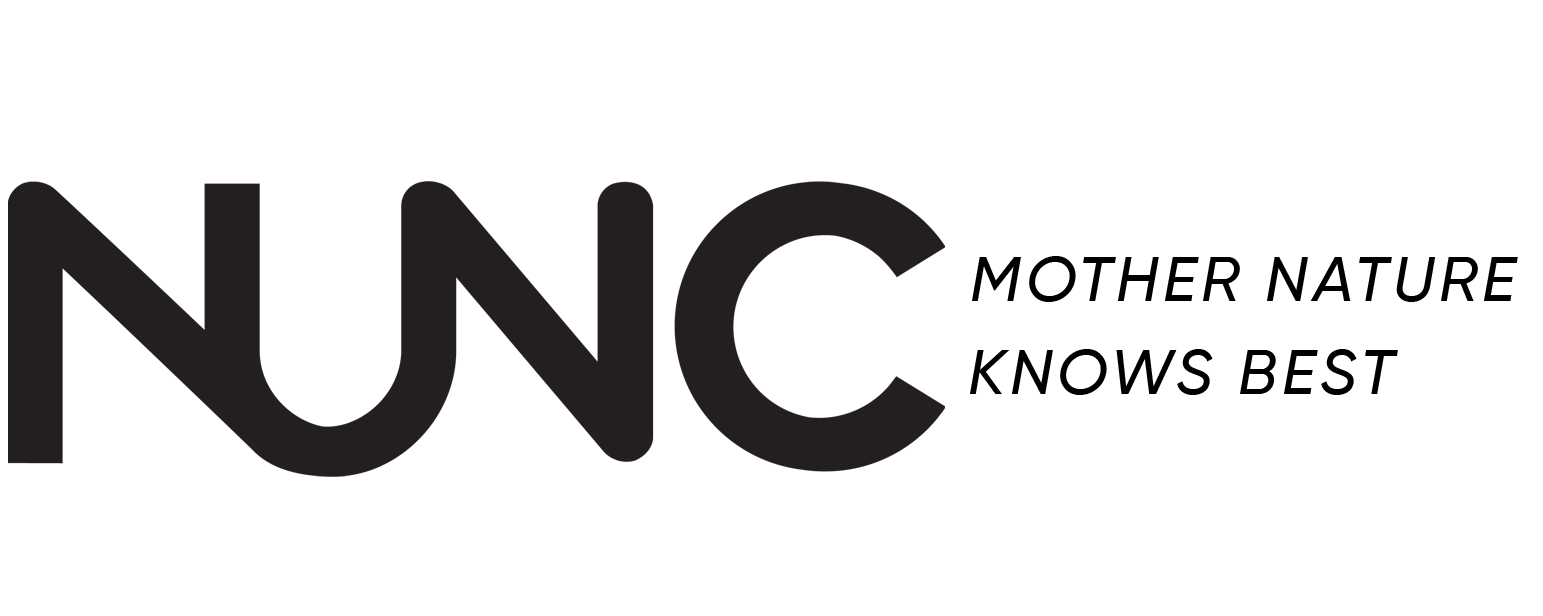
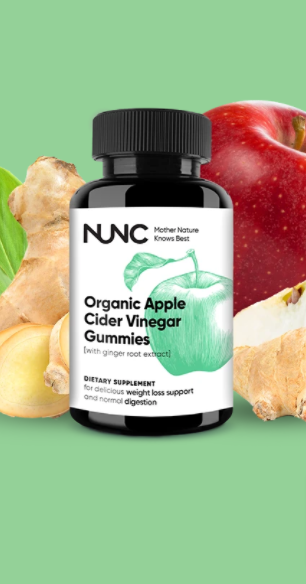



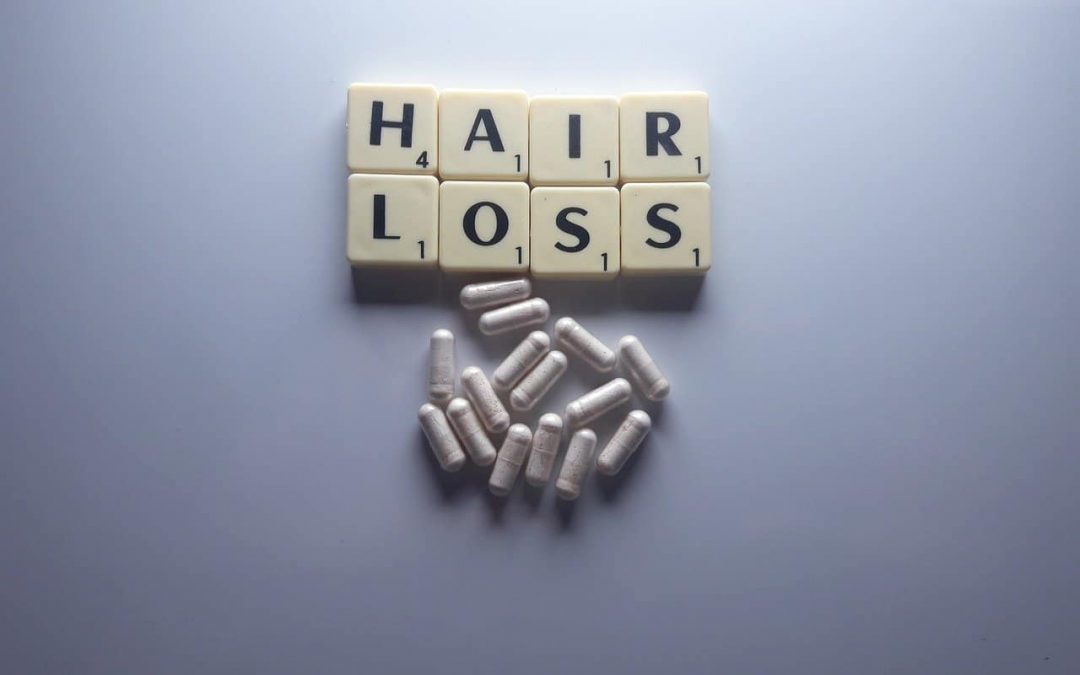
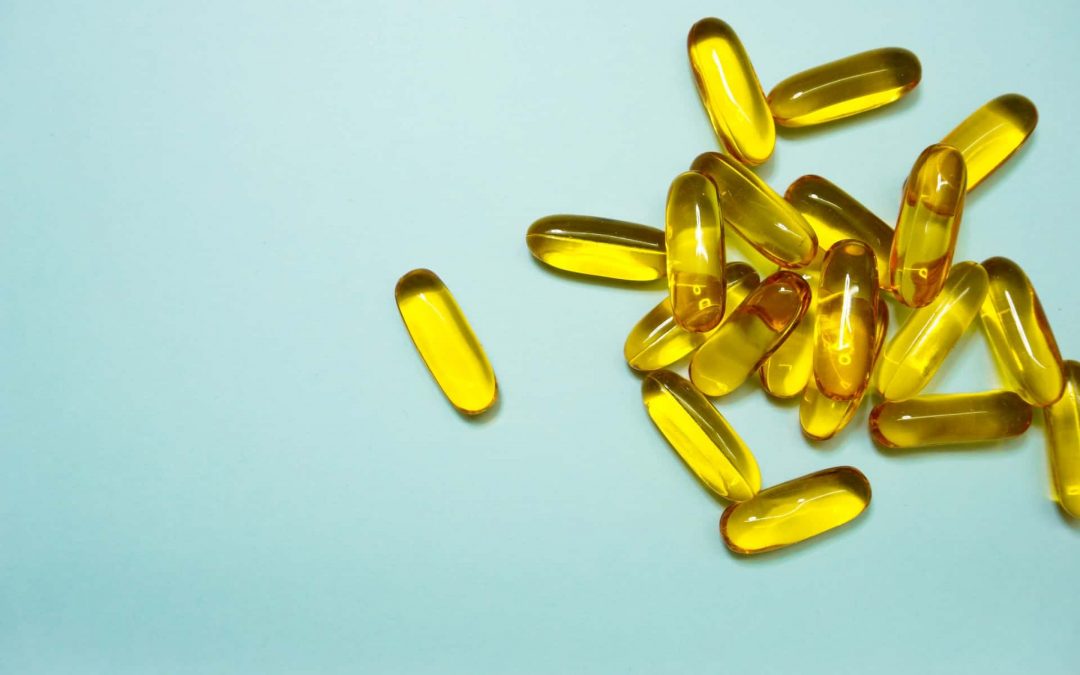
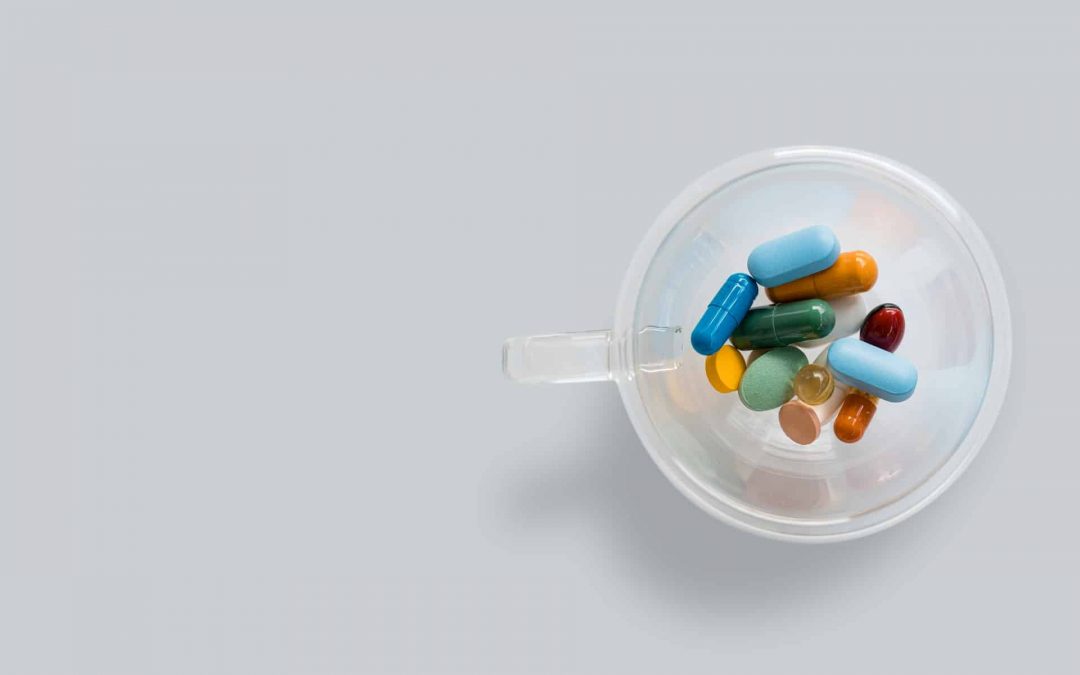

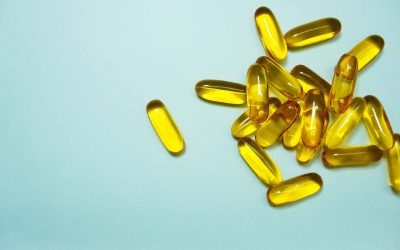

0 Comments